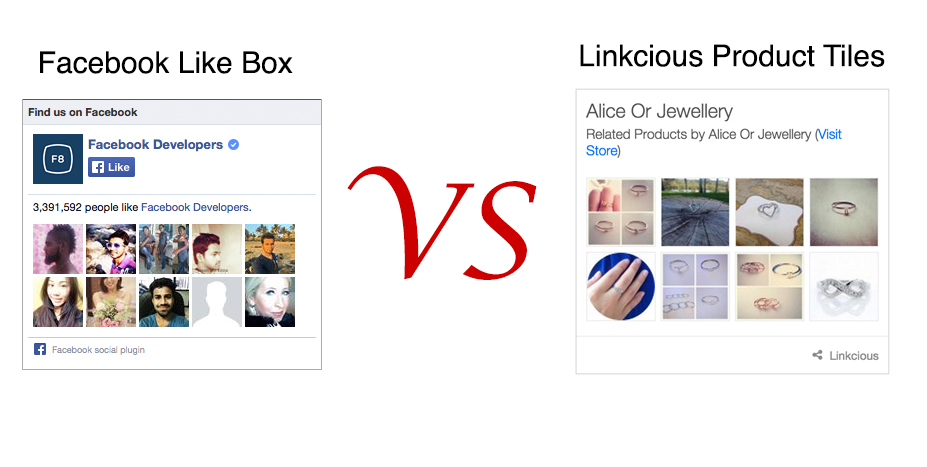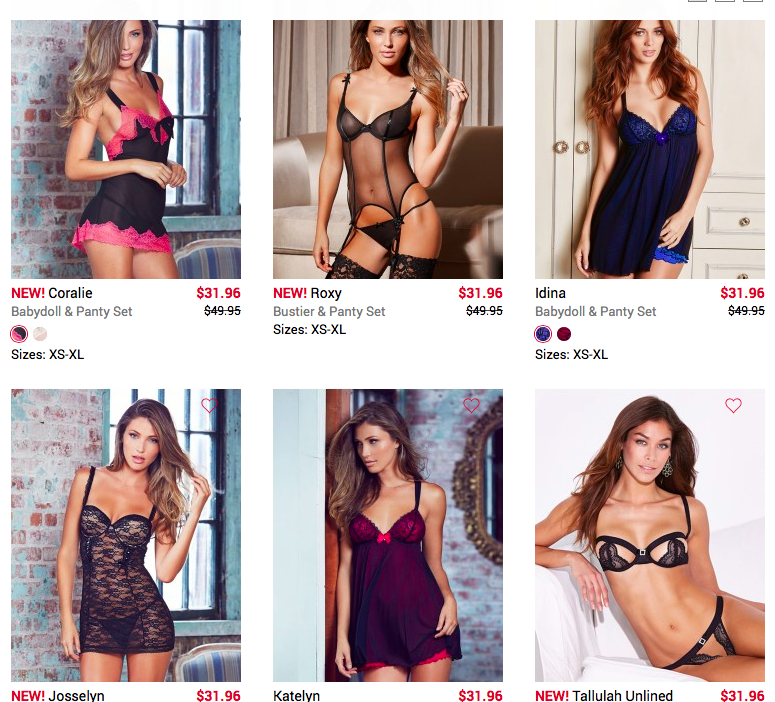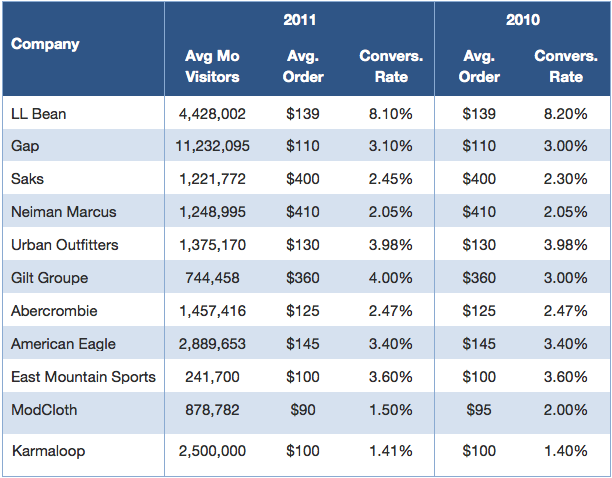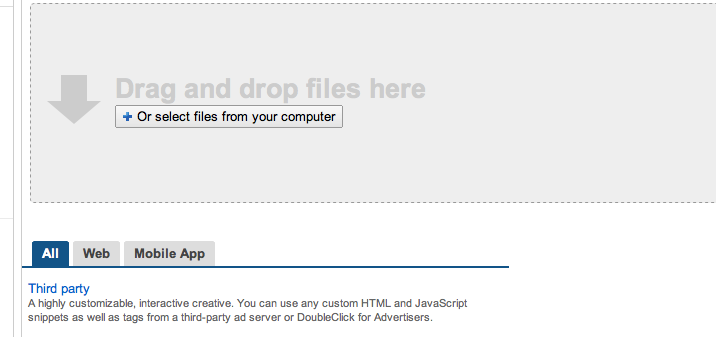There is a mathematical equation every ecommerce merchant must know.
There must be a gazillion ways to increase revenue. Social programs, bigger images, chat programs, up-selling widget, membership programs, better SEO comes to mind. It’s all too much and too confusing.
However, it is not so complex. It is actually very simple if you remember this equation:

Revenue = Visitors x Conversion Rate x Amount per Sale
Merchants can’t escape this. All the money you make from your store and what Jeff Bezos makes from Amazon.com depend on the equation above.
Any changes you make on your shop affects one of the three variables on the right. For example, better SEO improves the “Visitors” count and an up-selling widget improves the “Amount per sale”. However, the up-selling widget may reduce your “Conversion Rate” if you irritate your customers too much.
This brings us to our widget. Linkcious easily helps you improve your “Visitors” count and your “Conversion Rate”.
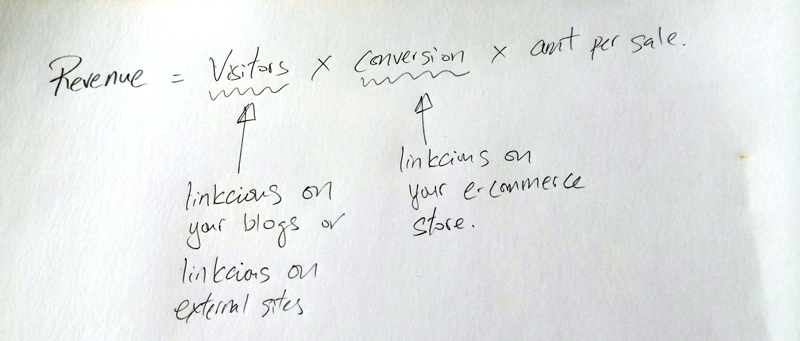
As you can see from above, Linkcious increases your revenue in two ways.
1) Using Linkcious on external sites outside your ecommerce store directs visitors to your ecommerce store. As Linkcious only show products related to the content of the external site, these visitors are quality ones and they have a high chance of purchasing something from you.
2) Using Linkcious within your ecommerce store increases “Conversion Rates” simply by helping your customers look for what they are looking for. Don’t forget, Linkcious even does A/B testing to ensure that products shown have the highest conversion rate.
Some of the merchants using Linkcious report revenue increment of 30% shortly after installing the widget.
It’s that easy. Just install Linkcious Related Products today and see your revenue increase.
